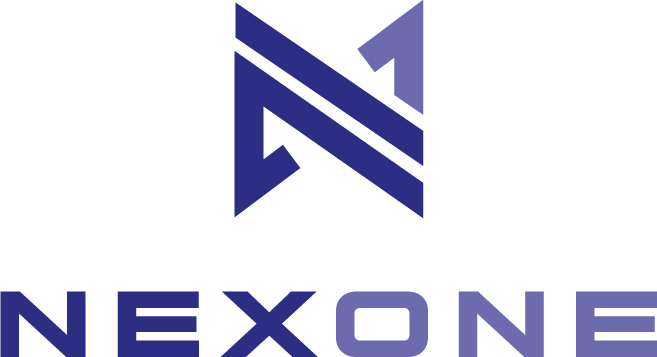Small and medium-sized enterprises (SMEs) are increasingly using the leverage of digital to manage change and are doing so because it enables them to gain numerous benefits including improvedefficiency and increased competitiveness.
According to research by theOsservatorio Innovazione Digitale nelle PMI (Digital Innovation in SMEs Observatory) of the Politecnico di Milano, 65 per cent of SMEs say they invest intensively in digital technology either in a targeted manner in certain business areas or across the whole company. The most widespread basic digital technologies are IT security solutions, administrative and accounting management software and collaboration applications.
The challenges of digital transformation
Opting for digital transformation, however, means facing a number of major challenges: SMEs may lack the necessary skills to implement and manage new digital technologies, or be unwilling to bear the costs. Sometimes it is also the employees themselves who are resistant to adopting new technologies and processes.
That is why it is important for small and medium-sized enterprises to rely on a technology partner that is able to help the company implement and manage new digital technologies. For example, when it comes to managing high volumes of data coming from different sources, which are often fragmented and difficult to integrate.
Data management: one of the main challenges

Managing high data flows is one of the biggest challenges in the digitisation process in a company, and for this reason it is important to adopt appropriate tools. Only in this way can SMEs make quick and strategic decisions that positively affect quality, costs and production.
In this way, the company is able to gain an overview, the data is comprehensible even to those without technical skills, and the margin for error and delays due to the use of static excel sheets or manual reports is greatly reduced.
NexOne is the solution for business process management and automation

To help small and medium-sized enterprises optimise data management and monitor business processes, the Nexeeva team has developed NexOne.
It is an advanced platform for the management and automation of business processes in quality and production and stands out for its ability to integrate, analyse and manage data from a wide range of sources in real time.
It is aimed at SMEs in various sectors: automotive, mechanical, hydraulics, medical, textile, food, etc.
How NexOne works and what features it offers
NexOne uses interactive dashboards that allow real-time data to be collected from different applications and then represented graphically.
It therefore allows an immediate understanding of the information, facilitating faster analysis and more informed decisions.
In the picture: Digital Transformation Stock photos by Vecteezy

The Nexone advanced platform can be linked to ERP and business management systems, machinery (PLC and SCADA) and all other systems to centralise data, avoiding duplication. It therefore retrieves information useful for the activity to be managed without having to enter and maintain this information on several systems: item master data, customer/supplier master data, receipt orders, production orders, operators and company personnel, price and cost lists.
It allows any type of document to be attached and allows batch information to be tracked, cross-referencing data collected during the sampling/incoming/production phase with information also present in ERPs or other company management systems, in order to have univocity of data.
For SMEs, it therefore offers key functionalities because:
- assesses suppliers’ performance with clear data
- tracks product parts, rejects and machine data and is thus able to implement preventive and corrective actions in the management of non-conformities
- optimises time and improves the quality of materials received; analyses sales trends and margins.
What are its areas of application
- Reception – goods receipt control
- Production – production control
- Non-Compliance Management
- Waste Management
- Customer Returns Management
- Data Traceability
- Supplier Evaluation – Supplier Performance Calculation
- Production Capacity Calculation – XBAR and RCHART Charts
- Cost Analysis – COPQ (Cost of Poor Quality) module
- Data Collection from Machinery (PLC & Scada)
- Machine – management integration
- Document Management
- Deadlines
- Task activities
- Customer and Supplier Portal
Conclusions
Digital transformation requires commitment, exercise and perseverance from companies: it is a journey, not a destination, and it is important to remember that there is no one-size-fits-all approach.
For this reason, depending on the company’s needs and objectives, it is very important that small and medium-sized enterprises choose to rely on technology partners that can support them in the digitisation process so that they can implement more efficient processes.
The correct management, analysis and interpretation of business data will enable them to make quick and strategic data-driven decisions (i.e. made on the basis of analysis and interpretation of data, and not on the basis of intuition or experience), which positively affect quality, costs and production.
With the NexOne platform, it is possible to manage and automate quality and production business processes and integrate, analyse and manage data from a wide range of sources in real time.
Want more information on NexOne?
